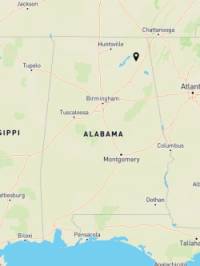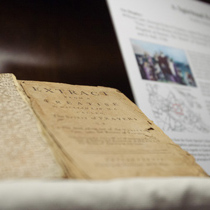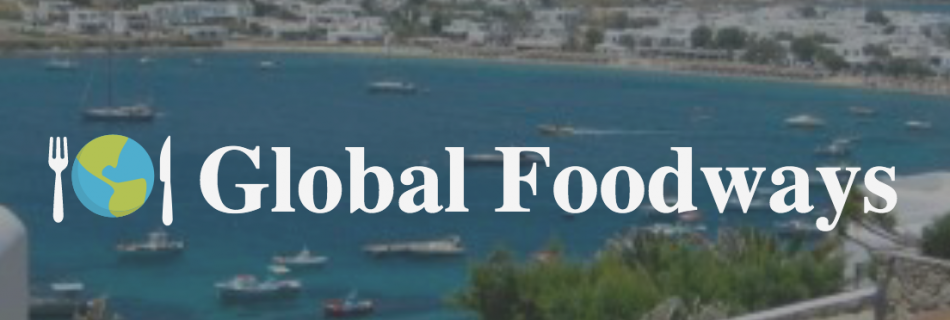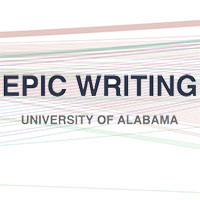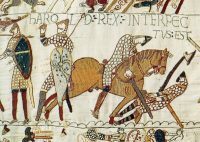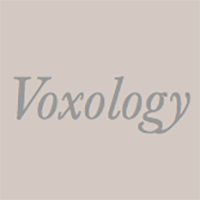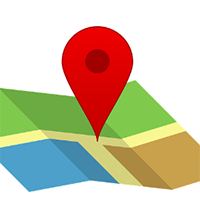Language in Alabama
Dr. Catherine Davies and her class of graduate and undergraduate students explore language in the state of Alabama. They examine the difference regionally in Alabama, as well as generationally to see how language changes in Alabama. View Language in Alabama

